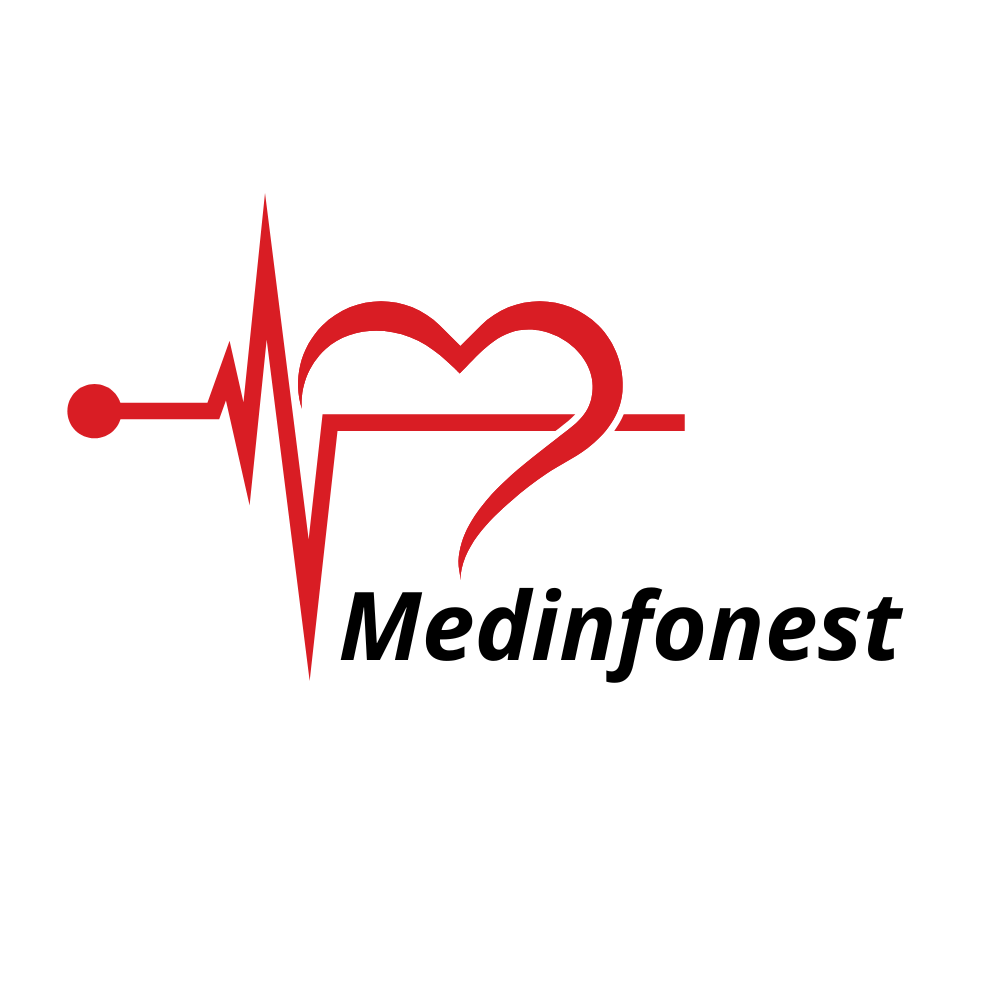Learn about Home remedies for gallbladder stones
What is pain?
Pain is your body telling in a way. It just lets you know something is off. Color can be acute or chronic. This can be mild at some times and severe at others. The beginning of treating any Types of Pain is the identification of the type of pain or category to which it belongs.
Acute Pain
What is acute pain?
Acute pain is sudden. It comes on quickly. It is most often of relatively short duration. In contrast, this kind of pain is often characterised by its cause being quite apparent. It manifests often after an injury or surgery. Acute pain is severe, abrupt, and of short duration, which can range from a few minutes to a couple of weeks.
Causes of acute pain
- Injury: Cuts, burns, or falls can cause acute pain.
- Surgery: Pain after surgery is common and expected.
- Dental Work: Procedures like tooth extractions can cause acute pain.
- Burns or Cuts: Skin damage leads to acute pain.
How to Manage Acute Pain
- Rest the Affected Area: Give the injured part time to heal.
- Use ice or heat packs. These can reduce swelling and pain.
- Take Pain Relievers: Over-the-counter medications like ibuprofen can help.
- Follow Your Doctor’s Advice: Always consult a healthcare professional for the best care.
Chronic Pain
What is chronic pain?
Chronic pain has a duration of more than six months as compared with acute pain, which persists for a period of less than three months, and sub-acute pain, which lasts for a period of 3-6 months. It can even persist even after treatment for an injury has been administered, thus the prevalence of certain ailments. This sort of pain may be of a chronic or acute nature. This can indeed impact your everyday life in the event that you have chronic pain.
Causes of Chronic Pain
- Arthritis: joint pain and inflammation.
- Back Problems: Conditions like herniated discs can cause chronic pain.
- Nerve Damage: Injuries or conditions like diabetes can damage nerves.
- Past Injuries: Sometimes, pain persists long after an injury heals.
How to manage chronic pain
- Physical Therapy: Exercises and treatments to improve mobility.
- Medications: pain relievers and other drugs prescribed by your doctor.
- Lifestyle Changes: healthy diet, regular exercise, and adequate sleep.
- Counselling and Support Groups: Emotional support can help manage chronic pain.
Neuropathic Pain
What is neuropathic pain?
Neuropathic pain is the type of pain that is brought on by damage to the nerves of the human body. These sensations are peculiar, mainly burning, tingling, or shooting pain. Such pain might be sharp and constant and might last for a long time.
Causes of Neuropathic Pain
- Diabetes: High blood sugar can damage nerves over time.
- Shingles: A viral infection causing painful rashes.
- Multiple Sclerosis: a disease affecting the brain and spinal cord.
- Nerve Injuries: Accidents or surgeries can damage nerves.
How to Manage Neuropathic Pain
- Medications: specific drugs that target nerve pain.
- Nerve Blocks: Injections to block pain signals.
- Electrical stimulation: devices that use electrical impulses to relieve pain.
- Physical Therapy: Exercises to strengthen muscles and improve function.
Nociceptive Pain
What is nociceptive pain?
Nociceptive pain is due to actual or threatened damage to the tissues. It is described as the most global type of pain. The inflammation may be acute or chronic, depending on the cause. This pain can best be described as gnawing, which has a throbbing characteristic in most cases.
Causes of Nociceptive Pain
- Injuries: broken bones, sprains, and cuts.
- Surgeries: post-surgical pain from incisions and procedures.
- Inflammatory Conditions: Diseases like rheumatoid arthritis.
How to Manage Nociceptive Pain
- Rest and Protect the Injured Area: Avoid activities that cause pain.
- Use Over-the-Counter Pain Relievers: Medications like acetaminophen can help.
- Follow a Treatment Plan from Your Doctor: Professional guidance is key.
Radicular Pain
What is radicular pain?
These pains involve extension beyond the skull and facial area and originate in the spine. It goes through the nerve tract. It can be described as a shooting pain most of the time. This pain is mostly the result of the compression of a nerve.
Managing nociceptive pain involves:
- Rest and Protect the Injured Area: Avoid activities that cause pain.
- Use Over-the-Counter Pain Relievers: Medications like acetaminophen and ibuprofen.
- Apply ice or heat packs to reduce swelling and soothe pain.
- Follow a Treatment Plan from Your Doctor: Professional Guidance for Long-Term Pain Management.
What is radicular pain, and how is it treated?
Radicular pain radiates from the spine and travels along a nerve path. It often feels like a sharp, shooting pain. Causes include:
- Herniated discs: discs pressing on spinal nerves.
- Spinal Stenosis: Narrowing of spaces in the spine.
- Sciatica: pain along the sciatic nerve pathway.
Treatments for radicular pain include:
- Physical therapy: exercises to relieve pressure on nerves.
- Pain medications: over-the-counter or prescription drugs.
- Epidural Injections: Steroid injections to reduce inflammation.
- Surgery in Severe Cases: Sometimes necessary to relieve nerve pressure.
Early diagnosis and treatment can prevent radicular pain from worsening.
Can lifestyle changes help with chronic pain?
Yes, lifestyle changes can significantly help with chronic pain management. These include:
- Healthy Diet: Eating nutritious foods to maintain overall health.
- Regular exercise strengthens muscles and improves flexibility.
- Adequate Sleep: Ensuring proper rest to reduce pain and fatigue.
- Stress Management: Techniques like meditation, yoga, and deep breathing.
Combining these changes with medical treatments can improve the quality of life for those with chronic pain.
When should I see a doctor for pain?
You should see a doctor if:
- Pain is severe: intense pain that affects your ability to function.
- Pain is persistent: pain that lasts more than a few days or weeks.
- Pain Affects Daily Activities: Difficulty performing normal tasks.
- Pain is unexplained; there is no clear cause for the pain.
- Pain is accompanied by other symptoms, such as fever, weight loss, or numbness.
Early consultation with a healthcare provider can help in finding effective treatment and relief for different Types of Pain. Managing pain promptly prevents complications and improves outcomes.













1 Comment